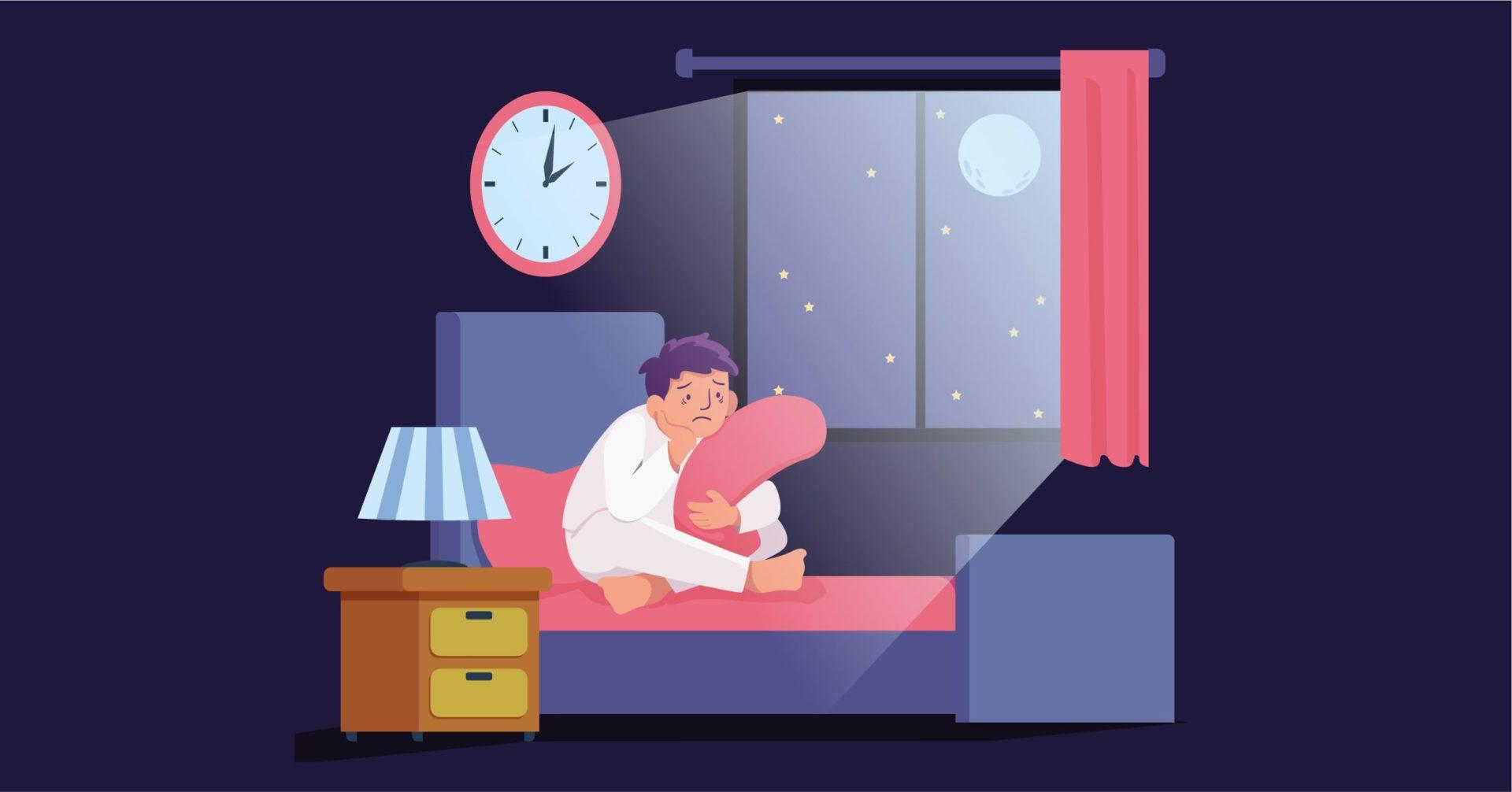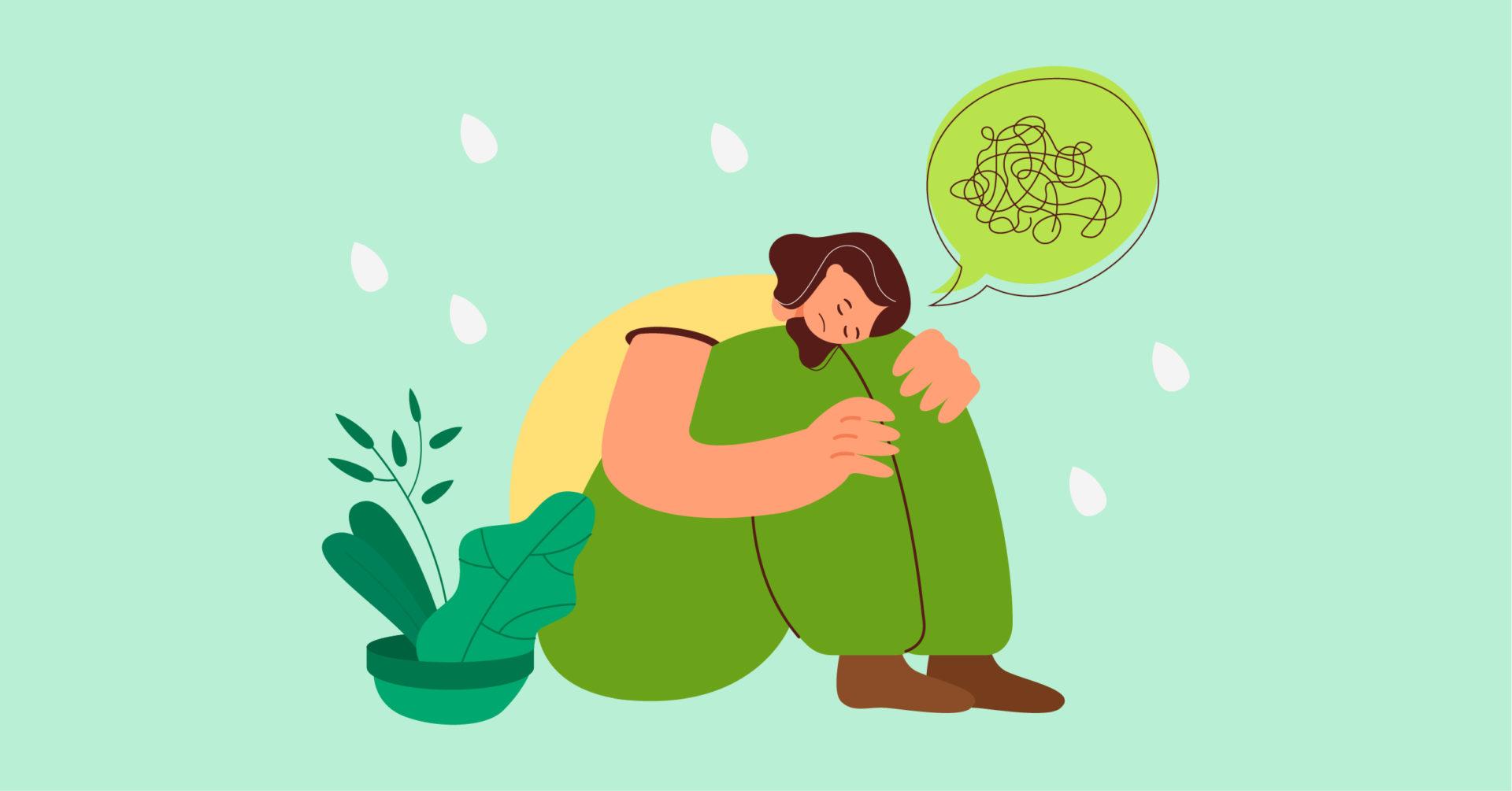Overview
Huntington Disease is a neuropsychological disorder characterised by neurocognitive impairments. These impairments usually start around 30-40 years of age and get progressively worse over time.
Neurocognitive degeneration can be seen when the person has difficulties in attention span, exhibits executive dysfunction, learning and memory, social cognition, etc.
In Huntington’s disease, deficits can be seen in executive functioning and motor functioning. Executive functioning includes information processing speed, organisation of information and planning.
Motor function affected in Huntington’s includes bradykinesia and chorea. Bradykinesia is the slowing of voluntary movements while chorea is involuntary jerking and spasming of muscles.
In Huntington’s, the deficits can be major or mild. This distinction is based on the impairment and the level of assistance required for the person to carry out day to day activities.
Major deficits mean greater impairment and assistance with most basic day to day activities while mild deficits mean lesser assistance and the person can carry out basic day to day activities.
Huntington’s Disease is caused due to genetic factors. It’s a defect on the gene HTT of the 4th chromosome. This gene codes the blueprint for a protein called huntingtin associated with chemical signalling, attaching and binding to proteins, etc. with the highest concentration in the brain. ‘The defect on this gene causes expansion of the CAG trinucleotide segment causing an abnormally long sequence of huntingtin protein.
This protein gets fragmented and then attaches itself to each other fragments in neural cells disrupting normal function causing Huntington’s Disease.
The symptoms show up usually in 30s and 40s altering mood and behaviour causing depression, apathy and irritability. It can be extremely debilitating for the family and the person.
Common Signs and Symptoms
Common Signs and Symptoms include:
- Mood alterations causing depression, irritability or apathy.
- Motor dysfunction seen as slowed voluntary movements known as bradykinesia or involuntary jerking or spasming known as chorea.
- Cognitive impairments where a person has difficulty planning, organising and processing information.
- In severe cases, they may need assistance with day to day activities.
Risk Factors
Huntington’s Disease is a genetic disorder. Genetic mutation on the HTT gene causes CAG trinucleotide repeat. Normally, a repeat length of 36 is associated with development of Huntington’s Disease. More repeat lengths are associated with earlier onset of the disease.
Huntington’s Disease is highly prevalent in the US and Europe with a rate of 5 persons per 1,00,000 individuals. Asian prevalence is generally low.
Diagnosis
This disorder is usually diagnosed by a neuropsychologist. A neuropsychologist will perform adequate assessment of the person’s neurocognitive and emotional function. Typical onset of this disorder is by the jerking of limbs. Medical assistance is often sought for “tremors”, “clumsiness”, “balance issues”, etc.
MRI scans may be performed to assess brain degeneration. In severe cases, brain matter volume reduces by 25-30%. Genetic testing may also be sought after for the diagnosis of this disorder.
To be diagnosed with Huntington’s Disease, following criteria must be met:
- Neurocognitive dysfunction characterised by problems in executive functioning, language and memory. Memory function is impaired mostly in major cases.
- Motor dysfunction characterised by bradykinesia or chorea.
- Mood alterations causing depression, irritability or apathy.
Neuropsychologists are required to rule out other medical conditions or substance use that may cause similar symptoms.
Treatment
There is no cure for Huntington’s disease. However, symptomatic treatment is available. Medication is usually the first line of treatment based on the symptoms. Dopamine depletors are the cornerstone of treatment for abnormal movements, especially chorea.
Tetrabenazine (TBZ) is mostly prescribed for chorea but the dosage needs to be monitored thoroughly. Side effects may include depression or metabolic issues. However, smaller doses, thrice a day are often recommended.
Typical Neuroleptics and Atypical neuroleptics are prescribed for chorea. However, typical neuroleptics show an increase in numerous side effects including impairment in oculomotor and cognitive functioning. Antiglutamatergic drugs and GABA Agonists have also been tried for the treatment of chorea and bradykinesia but with little efficacy, warranting more research.
Depression is one of the core comorbidities of HD. Patients report suicidal ideation, apathy, irritability and in some cases hallucinations. Amitriptyline and imipramine, tricyclic antidepressants are often prescribed. However, Paroxetine is the one with the most promising results.
Non pharmacologic treatments include Deep Brain Stimulation and Fetal Cell Transplant, but the methods are yet to be tested on larger populations to show conclusive results. In the Deep Brain Stimulation, electrodes are placed on the brain connected to a pacemaker like device. This device is connected to the electrodes with wires under the skin.
The electrodes stimulate the neuron cells in the brain helping it release certain chemicals. This method has shown results in the treatment of Parkinson’s. In patients with Huntington’s Disease, it showed overall improvement of symptomatic management of the treatment. However, long term results are yet to be studied.
Fetal Cell Transplant is a procedure where healthy cells are transplanted in the bone marrow of the patient. The efficacy of Fetal Cell Transplant for Huntington’s Disease is yet to be established.
Differential Diagnosis
1. Other mental disorders: Early symptoms of Huntington’s disease may include instability of mood, irritability, or compulsive behaviors that may suggest another mental disorder. However, genetic testing or the development of motor symptoms will distinguish the presence of Huntington’s disease.
2. Other neurocognitive disorders: The early symptoms of Huntington’s disease, particularly symptoms of executive dysfunction and impaired psychomotor speed, may resemble other neurocognitive disorders (NCDs), such as major or mild vascular NCD.
3. Other movement disorders: Huntington’s disease must also be differentiated from other disorders or conditions associated with chorea, such as Wilson’s disease, drug-induced tardive dyskinesia, Sydenham’s chorea, systemic lupus erythematosus, or senile chorea.
Specialist
A neurologist, neuropsychologist or neuropsychiatrist are often referred to for treatment.
In Conclusion
The functional capacities of a person are significantly impacted by Huntington’s disease, which typically causes mobility, cognitive, and psychological issues.
A person with Huntington’s disease eventually needs assistance with all everyday tasks and caring for themselves. By the end of the illness, the patient will probably be bedridden and mute. Most people with Huntington’s disease are able to grasp language and are aware of their friends and relatives, however some won’t be able to identify them.
Although it is not possible to completely eliminate the disease, early diagnosis can help cope with the symptoms. Get in touch with Ananda’s experts and start your counseling sessions.
Book your session with us today.





